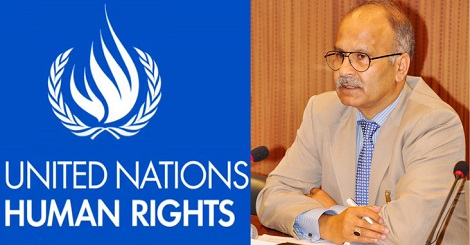Rose Heilbron and the Cameo Cinema Murders

Rose Heilbron was one of the first female QCs. She was an extraordinary lawyer and her first murder case as leading Counsel, Rex v George Kelly was extraordinary too. As women lawyers prepare to celebrate the 100 years anniversary of being able to practice law, the case of George Kelly is to be remembered for many reasons and never were the lessons to be learnt in this case more important than they are now, writes Natalie Smith. In January 1950 Rose Heilbron became the first female barrister to appear as leading counsel in a murder trial. The stakes and pressure upon her couldn’t have been higher. Her client, George Kelly, would hang if convicted.
The trial took place in Liverpool’s St George’s Hall, a grand venue in the heart of the city where Heilbron had grown up and built her practice in the law. The previous year she had been one of two women awarded the status of King’s Counsel (the equivalent of QC today) having only been practicing as a barrister for 10 years. She was 35 years old, a mother to a one year old baby girl and an exceptional lawyer. The eyes of the world were upon her. George Kelly was accused of a double murder. It was alleged he had shot dead the manager and assistant manager of the Cameo Cinema in Wavertree, Liverpool during the course of a robbery. His co-defendant, Charles Connelly, was allegedly his look-out and also faced trial for the murders that had taken place in March 1949, coincidentally the same month Rose took silk.
The killing of two innocent men for no more than the evening’s takings of £50, attracted enormous attention and the police were under intense public pressure to bring the murderers to justice. The previous year a criminal with a string of convictions called Donald Johnson had been charged with being an accessory after the murders. He faced trial after providing the police with a statement confirming he had disposed of the gun for the killer. He too was represented by Rose Heilbron but on the first day of his trial she argued that the alleged confession he made was inadmissible as it had been provided on the promise of being granted bail in another case. The judge agreed with Heilbron and Johnson was acquitted before his trial began.
Read more: Natalie Smith, ‘The Justice Gap’:





